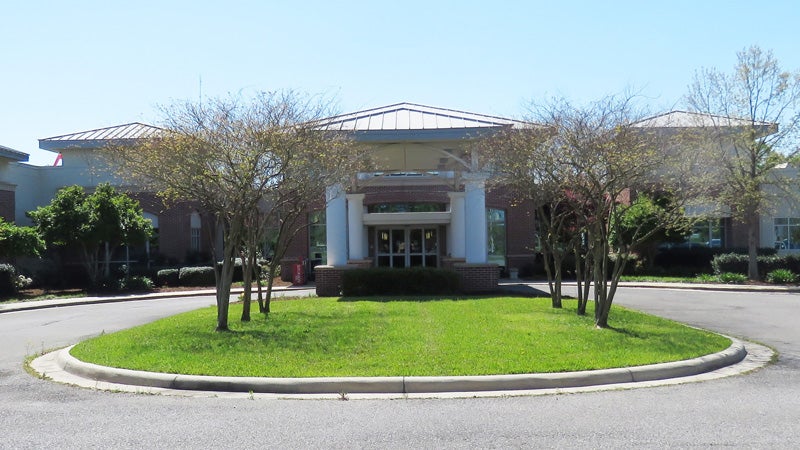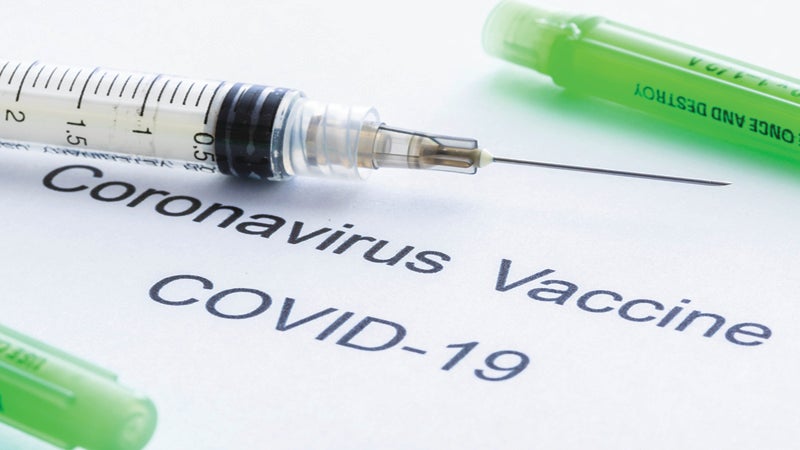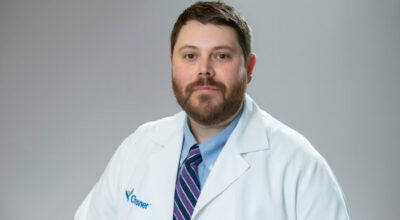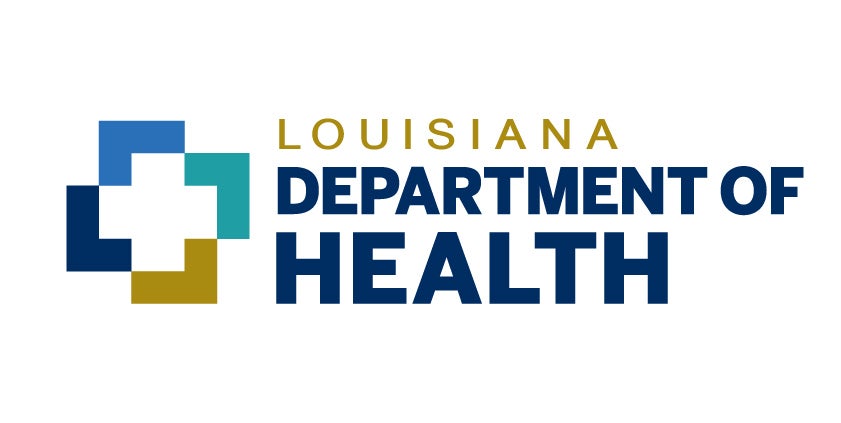Pratt: Antibiotics misuse creating threat to all because of “superbugs”
Published 12:02 am Friday, March 22, 2019
PUBLIC. HEALTH. CONCERN.
When you say these words out loud, what visions come to mind?
Some of us might imagine an outbreak of a deadly disease that spreads rampantly. You may have even envisioned a more current, quiet killer, like the threat of opioid addiction.
While all of these scenarios are scary, one of today’s fastest-growing public health concerns involves the misuse of antibiotics. In fact, the World Health Organization has labeled antibiotic resistance a “fundamental threat” to humanity.
ANTIBIOTICS CHANGED THE WORLD
The discovery of antibiotics changed the world and saved lives.
“Antibiotics have transformed the practice of medicine, making once lethal infections readily treatable and making other medical advances, like cancer chemotherapy and organ transplants, possible,” says the Centers for Disease Control (CDC).
SO, WHAT’S THE PROBLEM?
The CDC also reports that up to half of antibiotics prescribed in U.S. hospitals are unnecessary or inappropriate, which has contributed to a major public health concern — antibiotic resistance.
Antibiotic-resistant organisms have the potential to adversely affect the health of all patients, not just those presently infected.
The CDC estimates that more than 2 million people are affected by antibiotic-resistant organisms — “superbugs” — resulting in 23,000 deaths each year.
Put simply, a “superbug” is a strain of bacteria we can’t kill — or at last not easily.
Superbugs are antibiotic-resistant bacteria that evolve quickly by developing mutations that help them evade the effects of antibiotics.
“Once antibiotic resistance spreads, it is harder to control — like a wildfire,” the CDC said in a statement.
Even more sobering, is the fact that these germs can be carried and spread by seemingly healthy people with no symptoms and then spread to those more vulnerable such as patients with cancer, infants or the elderly.
This, reports the CDC, is when these germs kill.
WHAT CAN YOU DO?
Resist asking for antibiotics and let your physician determine what is best for your situation. Be aware that antibiotics only treat certain illnesses and bacterial infections.
On top of that, only certain antibiotics are right for certain types of bacterial infections. The flu, colds and most sore throats are caused by viruses that do not respond to antibiotics.
The Mayo Clinic reports that most typically healthy people can safely fight off a mild sinus infection naturally and without medication.
Taking an antibiotic when it is not necessary puts you at risk of developing a superbug in the future.
If your doctor does prescribe antibiotics, it is also extremely important that you follow specific instructions on how to take them. These guidelines help reduce the risk of developing antibiotic resistant bacteria. Never skip doses of medication, never stop taking them early and never save them for future illnesses.
Antibiotics are typically prescribed to be taken until done. Stopping before prescribed allows your body to possibly create resistant strains.
WHAT’S THE CDC DOING?
The CDC has implemented an aggressive nationwide plan to help states more speedily test samples so that health care providers can identify and more quickly isolate patients infected with antibiotic-resistant germs.
In addition, the CDC supports and promotes Hospital Antibiotic Stewardship Programs.
WHAT ARE WE DOING?
St. James Parish Hospital embraced its obligation to fight the spread of antibiotic-resistant germs by starting and growing its Antimicrobial Stewardship Program.
Antimicrobial stewardship is a coordinated effort that promotes the appropriate use of antimicrobials (including antibiotics), improves patient outcomes, reduces microbial resistance and decreases the spread of infections caused by multidrug-resistant organisms.
Our pharmacists, physicians, nurses, infection control team, executives and community are all integral to the success and growth of this program.
Our team meets throughout the year to review lab data and prescribing habits, offer data-based feedback and lead community-wide education. In addition, our staff is continually expanding their knowledge by remaining up-to-date on best practices and the latest education.
Most recently, Director of Pharmacy Scott Dantonio, RPh, and fellow pharmacist Diana Nguyen, PharmD, completed several hours of training to earn MAD-ID certification — an elite level of antimicrobial stewardship training.
As we move forward, we promise to continue our antimicrobial stewardship efforts with a very important goal in mind — fighting antibiotic-resistant germs now and in the future.
Mary Ellen Pratt is St. James Parish Hospital CEO. She can be reached at info@sjph.org.






